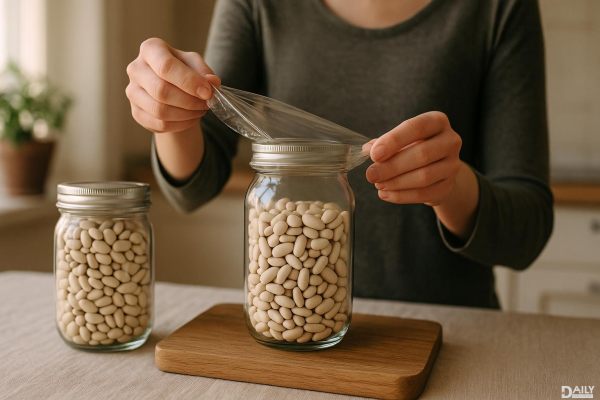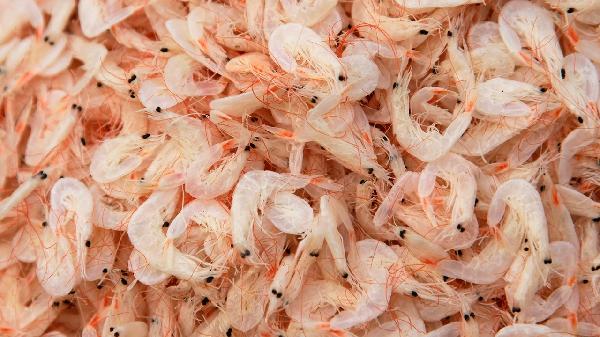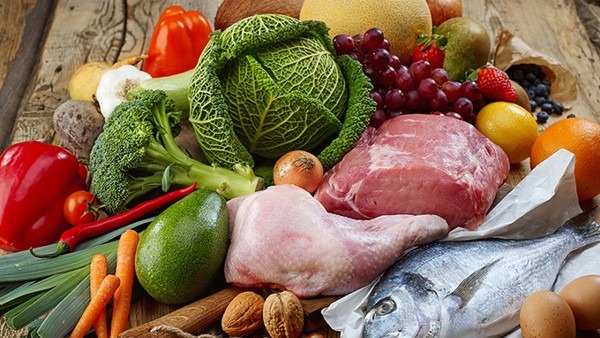When you're feeling under the weather, the right foods can be your secret weapon for recovery. A dietitian-approved lineup of nutrient-packed, easy-to-digest options can help soothe symptoms, boost immunity, and get you back on your feet faster. Forget forcing down bland crackers—these 14 powerhouse picks actually taste good while doing the heavy lifting for your immune system.
Chicken Soup: The OG Comfort Food
Grandma wasn't wrong about this one—science backs up chicken soup as a legit recovery aid. The steaming broth helps clear nasal congestion while providing hydration and electrolytes. Chicken delivers easy-to-digest protein to support tissue repair, and the veggies add antioxidants. Bonus points if you throw in garlic and ginger for extra immune-boosting compounds. Homemade versions beat canned soups hands-down, but in a pinch, any warm broth-based soup can provide relief.
Honey: Nature's Cough Suppressant
Buckwheat honey specifically has been shown to outperform cough syrup for calming nighttime coughing fits. Its thick consistency coats the throat while antimicrobial properties help fight infection. Stir it into tea (more on that later) or take it straight by the spoonful—just avoid giving honey to infants under one year old. For an extra punch, combine with lemon juice which provides vitamin C and helps break up mucus.
Ginger: The Ultimate Nausea Buster
Whether you're dealing with stomach flu or chemotherapy-induced nausea, ginger's bioactive compounds like gingerol work similarly to anti-nausea medications but without the side effects. Grate fresh ginger into hot water for tea, chew on crystallized ginger, or sip ginger ale made with real ginger (check the label—many commercial brands use artificial flavoring). For maximum benefit, consume about 1 gram of ginger daily when nauseated.
Bananas: The BRAT Diet MVP
Part of the classic BRAT (bananas, rice, applesauce, toast) diet for digestive upset, bananas provide potassium to replace electrolytes lost through vomiting or diarrhea. Their soft texture and mild flavor make them easy to tolerate when nothing else sounds good. The pectin in bananas can actually help firm up loose stools, while the carbohydrates provide quick energy when you're running on empty.
Oatmeal: The Blank Canvas of Recovery Foods
Plain oatmeal serves as the perfect base for customizing to your symptoms. Stir in honey for coughs, bananas for digestive issues, or cinnamon (which has anti-inflammatory properties) for general immune support. The soluble fiber forms a gel-like substance in your gut that can help regulate digestion whether you're dealing with diarrhea or constipation. Choose steel-cut or old-fashioned oats over instant varieties for more nutrients and staying power.
Garlic: The Infection Fighter
Allicin, garlic's active compound, has demonstrated antibacterial and antiviral properties in studies. While eating raw garlic might be too intense when you're sick, lightly cooked garlic still retains benefits. Roast whole cloves to mellow the flavor, or sauté minced garlic in olive oil to drizzle over other recovery foods. For serious immune support, some swear by "garlic tea"—steep crushed garlic in hot water with honey and lemon, then strain.
Green Tea: The Antioxidant Powerhouse
Beyond keeping you hydrated, green tea delivers catechins—antioxidants that may inhibit viral replication and boost immune cell function. The modest caffeine content can provide an energy lift without the crash of coffee when you're fatigued. Add honey for throat soothing and lemon to increase the absorption of catechins. If caffeine sensitivity is an issue, opt for decaf versions which still contain beneficial compounds.
Popsicles: The Sneaky Hydration Hack
When swallowing is painful or nausea makes drinking difficult, frozen fruit pops can deliver fluids and calories in a more tolerable form. Look for brands with real fruit juice or make your own by freezing blended fruit with coconut water. The cold temperature helps numb sore throats while the slow melting pace prevents overwhelming your stomach. Bonus: kids (and let's be honest, adults too) are more likely to comply with hydration when it comes in popsicle form.
Bone Broth: The Gut Healer
Simmering bones for extended periods releases collagen, amino acids, and minerals that support gut lining repair—critical when illness has disrupted your digestive system. The gelatin in bone broth can help seal a "leaky gut" while providing easy-to-absorb protein. Sip it plain or use as a base for soups and stews. While homemade bone broth is ideal, quality store-bought versions (look for "bone broth" not just "stock" on labels) work too.
Turmeric: The Golden Anti-Inflammatory
Curcumin, the active component in turmeric, has potent anti-inflammatory effects that may help reduce fever and body aches. Pair it with black pepper (which increases curcumin absorption by 2000%) in golden milk—heat milk (dairy or plant-based) with turmeric, pepper, cinnamon, and honey. The warm beverage soothes while delivering therapeutic compounds. For acute symptoms, some practitioners recommend up to 500mg of curcumin twice daily.
Applesauce: The Gentle Carb Source
The pectin in apples acts as a prebiotic to feed beneficial gut bacteria while helping normalize bowel movements. Unsweetened varieties avoid blood sugar spikes that can suppress immunity. Choose chunky applesauce for more fiber, or stick with smooth if throat pain makes swallowing difficult. For extra benefits, look for brands that include the peel or make your own—many nutrients concentrate just beneath the skin.
Miso Soup: The Probiotic Boost
Fermented foods like miso provide beneficial bacteria to replenish your microbiome after antibiotics or digestive illness. The live cultures in unpasteurized miso may help crowd out pathogenic bacteria while supporting immune function. Avoid boiling miso to preserve these probiotics—stir it into hot (not boiling) water or broth. The salty flavor can also help replace electrolytes, while the umami taste may stimulate appetite when nothing sounds good.
Eggs: The Protein Powerhouse
When illness suppresses your appetite, eggs deliver high-quality protein in an easy-to-digest package. The cysteine in eggs helps break up mucus, while the zinc supports immune cell function. Soft-boiled or poached eggs are gentlest on sore throats, while scrambled eggs can help settle nausea when prepared plain. For maximum nutrient retention, cook eggs gently—overcooking destroys some of the beneficial compounds.
Blueberries: The Antioxidant Bomb
Packed with anthocyanins that give them their deep color, blueberries offer some of the highest antioxidant activity of any fruit. These compounds help combat oxidative stress that increases during illness. Frozen blueberries work just as well as fresh and can be blended into smoothies or thawed for a soft, easy-to-eat texture. For sore throats, try freezing them individually for a soothing, nutrient-dense alternative to ice chips.
While these foods can support recovery, remember that serious symptoms warrant medical attention. Listen to your body—if something doesn't appeal when you're sick, there's probably a biological reason. Stay hydrated, prioritize rest, and use these dietitian-approved foods as delicious allies in your comeback story. Before you know it, you'll be back to crushing your regular diet and forgetting what it felt like to be sidelined.
























